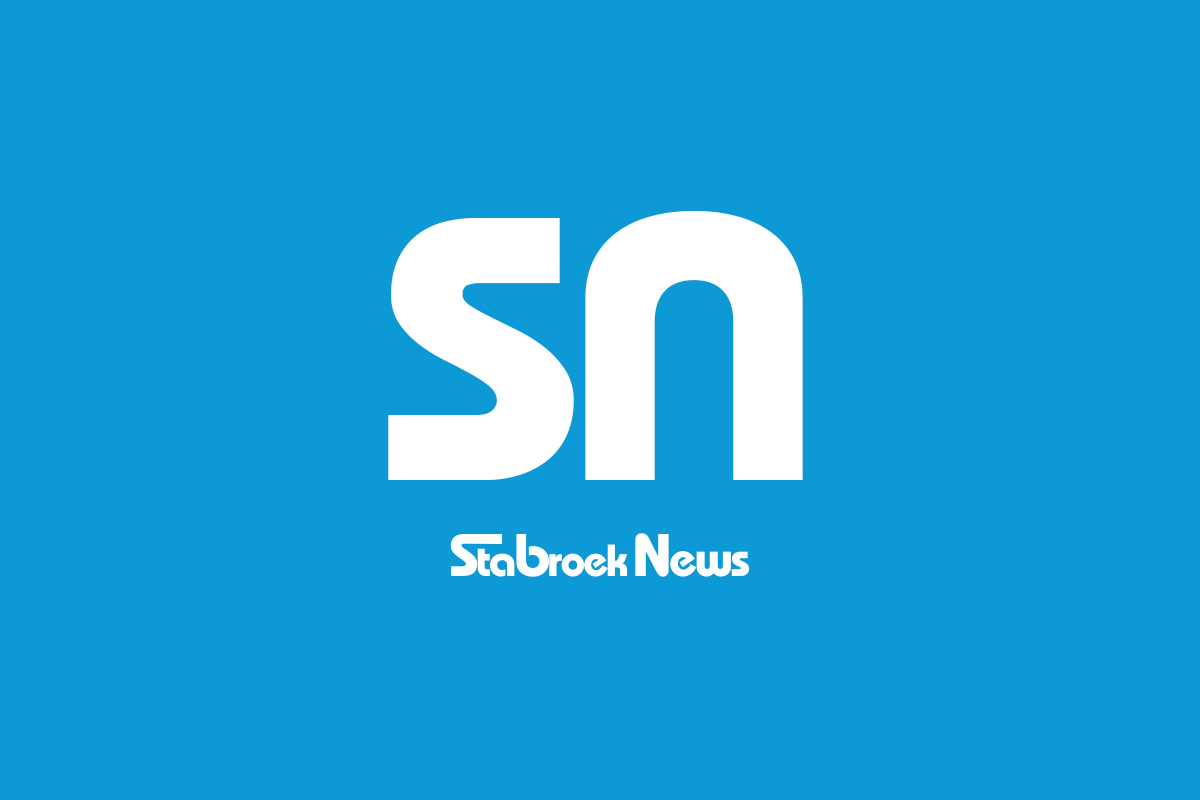(Jamaica Gleaner) The Government has announced a new $1-billion initiative under which 50,000 Jamaicans – including the undocumented, unemployed, elderly, disabled, and other vulnerable groups – are set to benefit from extended social support and expanding access to opportunity.
The Solidarity Programme, launched yesterday by Prime Minister Dr Andrew Holness and Minister of Labour and Social Security Pearnel Charles Jr, will seek to empower individuals often excluded from formal systems due to lack of documentation, awareness, or access. At the heart of the programme is a one-time conditional cash transfer of $20,000, which officials say is not just relief, but a step toward long-term integration into the national safety net.
“There is a segment of the society that feels that they are left out … They are usually on the margins of the society,” Holness said, speaking at the launchof the programme at Jamaica House. “They are much easier to develop antisocial behaviour … and ultimately, they create a counterculture that works towards the degrading of the society.”
The programme is designed to reach individuals who are not currently enrolled in any existing state assistance programmes. This includes persons over 60, persons with disabilities, unattached youth aged 18 to 35, informal low-income workers, the medically indigent, and owners of microbusinesses affected by natural disasters within the last year. Importantly, persons without birth certificates, TRNs, or other official documentation will still be eligible.
Charles stressed that the initiative aims to connect people to ongoing services rather than provide one-off support
“This programme provides a bridge to opportunity,” said Charles Jr. “This is not just about registering names. It is about connecting our people to the full network of services that they deserve.”
Holness said that many potential beneficiaries have been reluctant to apply for previous programmes due to both practical and psychological barriers.
“There are issues that they have not been included in all that is happening in society,” he said, pointing to free HEART/NSTA Trust programmes and other government initiatives. “Some of it is attitudinal. Because they are alienated – they are on the fringe of the society – they simply just don’t make themselves available and so they take up a negative view.”
To identify and reach the 50,000 intended recipients, the programme will use a multi-channel strategy. Thirty thousand individuals will be identified through referrals from members of parliament (MPs), NGOs, churches, and community groups. A newly created Solidarity Unit within the Ministry of Labour and Social Security will deploy 40 liaison officers to conduct outreach via parish offices, mobile drives, and community visits. There will also be an online application platform developed in collaboration with the Information and Communications Technology Authority (ICTA), with offline support for those without Internet access.
Charles assured that no one will be left behind due to lack of connectivity.
“No one should be excluded simply because they don’t have Internet access. We are going to bring them up into the system and across to our benefits,” he said.
The ministry will deploy Solidarity Service Hubs, mobile outreach units, and satellite offices across all 63 constituencies. There will be weekly registration drives and parish-level social service fairs, and trusted community leaders, such as justices of the peace and pastors, will help facilitate access.
Charles said memoranda of understanding are being prepared with key agencies to ensure recipients are integrated into long-term support systems. Holness emphasised that the cash grant is conditional upon enrolling in the formal safety net, describing it as a first step toward economic independence and continued access to state benefits.
The application portal is expected to open shortly, following training sessions for MPs and referral partners. Applications will be processed by the Solidarity Unit and the application window is expected to close by the end of the year. Successful applicants will be notified via email and receive payment through direct bank transfer or remittance services, while those not approved will receive alternative options or reapplication guidance.
“We will pay close attention to how the public is responding,” Charles said. “We don’t want persons saying, ‘I can’t get through.’ We will be listening, we will be fixing.”
The programme is supported by a network of agencies, including HEART/NSTA Trust, the Registrar General’s Department, the National Health Fund, the National Insurance Scheme, the Electoral Commission of Jamaica, the Jamaica Council for Persons with Disabilities, Tax Administration of Jamaica, and others.
Holness also emphasised that poverty must be tackled from various angles.
“I’ve often said that poverty has several dimensions to it,” he stated. “The ones that we pay attention to would be the lack of income … [but] the other dimension is information … and then there is the access to amenities, proper healthcare, water, security.”
And, while the programme is grounded in data and logistics, it is also aimed at restoring the trust and connection for those who feel forgotten.
“If you believe nothing nah gwan, nothing will gwan for you,” Holness said. “So we are reaching out to you with this window to get you into the formal system.”
